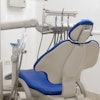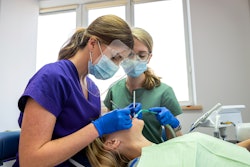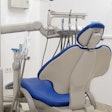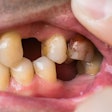For college students, regular dental visits may signal broader health habits, including maintaining health insurance and reporting better overall well-being, according to researchers from the George Mason University College of Public Health.
Additionally, students who reported higher anxiety levels were more likely to avoid preventive visits, according to university news published on September 22.
“We can think of primary care as a kind of gateway to other preventive care and specialized services,” Vanessa Alvarez, lead author of the study and a Master of Public Health Epidemiology student at the university, said in the story.
The study is part of a long-term university project that follows the health and habits of undergraduate students. Since 2019, participating students have completed surveys, and some have also taken physical exams. Researchers track many areas of student health while also giving participants feedback about their results. For this analysis, data from 349 first-year students in the cohort were reviewed.
The findings showed that students who had a dental exam before starting college were more likely to continue the practice two years later. Also, having health insurance was a strong predictor of dental visits, and those who had one type of preventive exam were more likely to have others as well, according to the story.
Furthermore, students with regular dental exams, greater financial support from parents, and higher levels of hopefulness tended to rate their overall health more positively. The study also revealed that dental exam rates remained steady despite the COVID-19 pandemic and highlighted a complex link with anxiety, where mild anxiety sometimes encouraged care-seeking, but higher anxiety led to avoidance.
Future research will explore broader health trends, including gynecological care, changes in diet and exercise post-COVID-19, and mental health patterns, according to the story.
“When students maintain the habit of seeing one type of provider regularly, it seems to spill over into how they approach their health more broadly,” Alvarez said.




















